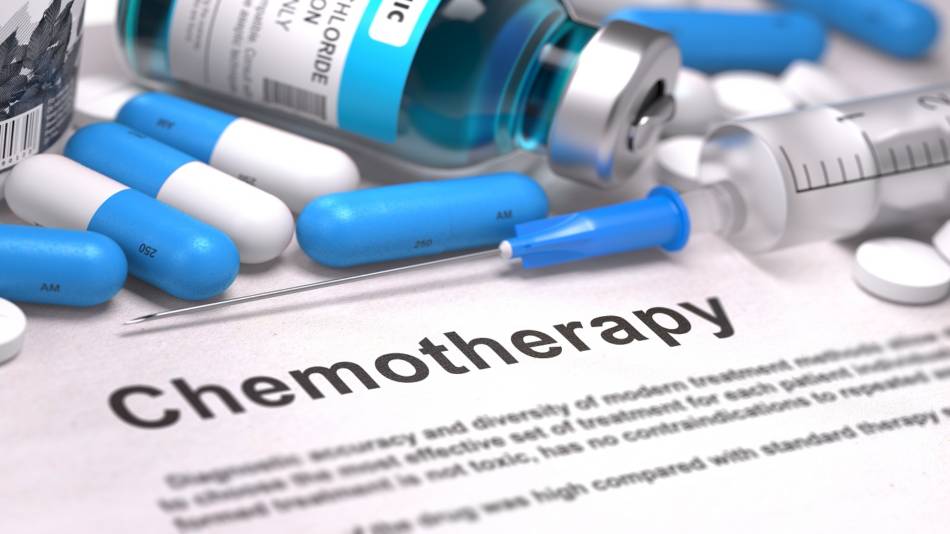Chemotherapy Overview

Chemotherapy at a Glance
Chemotherapy usually comprises a combination of two or more drugs composed mainly of powerful chemicals that destroy rapid growing cells in your body. They often work by preventing cancer cells from developing, dividing, and creating additional cells.
Chemotherapy Common Side Effects
Here's a list of the most common side effects chemotherapy may cause:
- Diarrhea
- Constipation
- Appetite changes
- Vomiting and nausea
- Anemia
- Infection
- Easy bleeding and bruising
- Hair loss
- Exhaustion
- Mood changes
- Weight changes
- Nail and skin changes
- Throat, tongue, and mouth changes
- Fertility problems
- Changes in sex drive and sexual function
- Urine and bladder changes
- Kidney problems
- Peripheral neuropathy
- Nerve problems like tingling
Chemotherapy Drug Interaction
When considering what's the best way to combine chemotherapy drugs, doctors must carefully look at interactions between certain chemo medications and other drugs the patient is currently taking, as well as over-the-counter medications and supplements. Why? Because such interactions might make chemotherapy side effects worse and impact how well chemotherapy drugs ultimately work.
Chemotherapy Average Survival Rate
According to WebMd, five years after treatment, 47% of patients receiving chemotherapy were still alive. The 5-year survival rate was around 39% among those individuals choosing not to undergo chemo.
